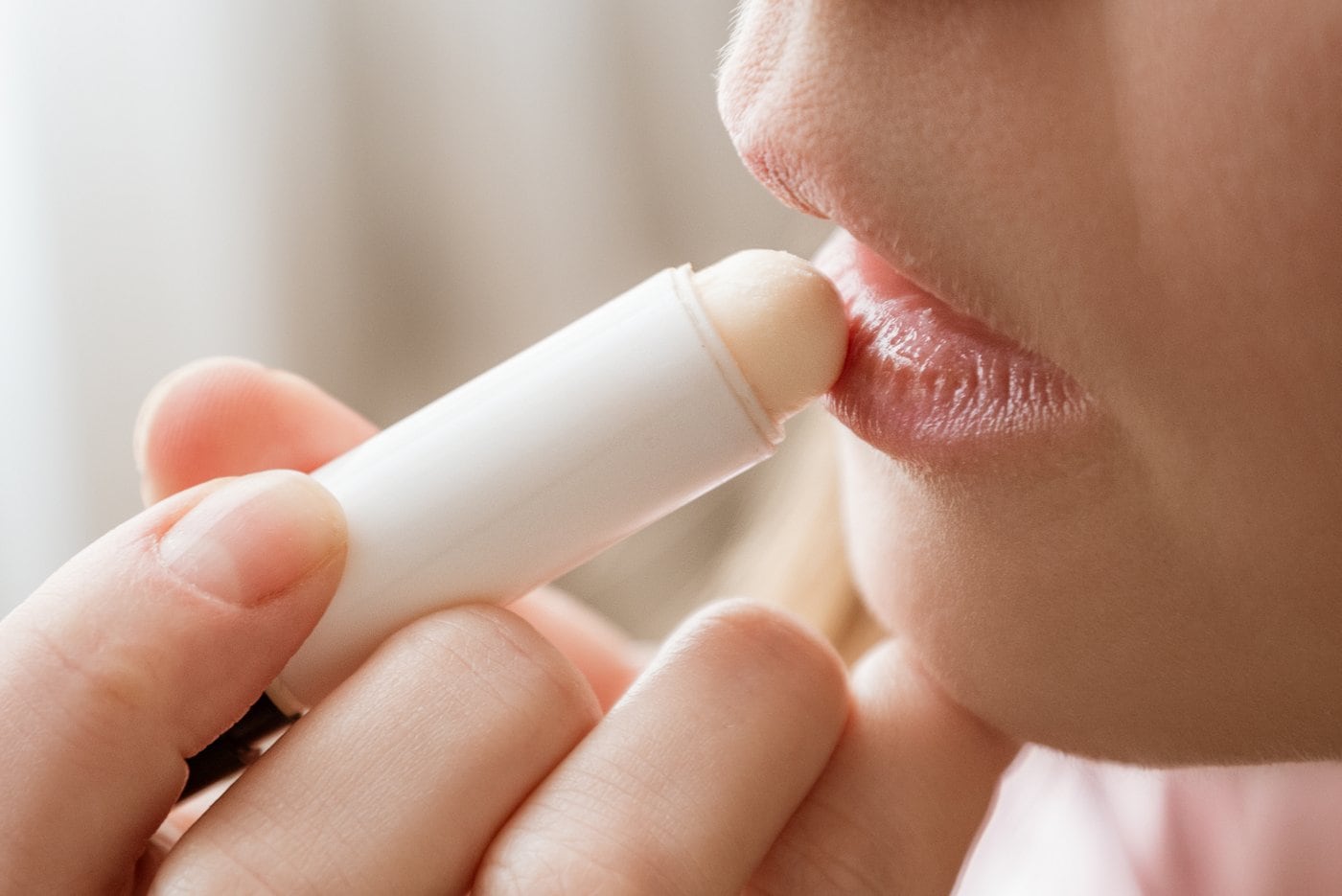While dry, cracked, cracked lips can happen to you at any time of the year, this pout problem is especially common in the dry weather typical of winter and summer.
Things like walking around in the extreme cold without a scarf covering your lips — or fighting a cold that leaves you dehydrated and breathing through your mouth due to a stuffed-up nose — can also make the situation worse.
Thin skin
University of Wisconsin Health dermatologist and integrative medicine specialist Dr Apple Bodemer explains that the skin of the lips is really thin compared to other parts of the body. And because the lips have fewer oil glands that help protect them from dehydration, they are really susceptible to the effects of dry environments.
“Once lips start to get dry, people also commonly lick their lips, or start to pick at and peel them,” says Dr Bodemer. “There are enzymes in saliva, and with a little bit of lip licking, you do add some moisture back in — but it is easy to overdo it, which only makes the problem worse.”
How to protect your lips
To help retain moisture in the lips, Dr Bodemer recommends using a lip balm or lip ointment frequently — once every hour or two when you’re awake.
Look for a products that have thick ingredients that help to create a barrier on the lips, such as:
- Shea butter
- Beeswax
- Coconut oil
- Cocoa butter
- Petrolatum (two popular brand are Vaseline petroleum jelly or Aquaphor)
- Dimethicone
- Ceramides (fatty acids known as lipids)
If you wear lip gloss or lipstick, apply the balm before applying the makeup, and if you’re going to be outside, look for a product that contains an SPF factor to provide UV protection, especially in winter.
While you’re protecting those lips, make sure you stay well-hydrated (which is good for your entire body). It can also help to wear a scarf that covers your mouth when outdoors in cold, dry conditions.

MORE: Cold sore or not: What’s that red thing on your lip?
A special note about children: Kids are especially prone to dry, chapped lips. Using products such as petrolatum and applying it frequently can help. It might be challenging to keep it on them, but doing so can help keep the lips from getting dry.
Other things to avoid to heal your lips
“Using flavored lip balms can actually cause you to lick your lips more, which only makes the problem worse,” says Dr. Bodemer.
In addition, there are some ingredients in lip care products that can actually cause your lips to dry out. These are commonly found in lip plumping or lip cooling products, so be on the lookout for:
- Menthol
- Camphor
- Phenol
- Peppermint
- Alcohol
A tingly feeling when you apply the product is usually an indication that it might not be the best thing for your dry lips.
Spicy and acidic foods may aggravate the problem as well, so it’s best to avoid them at least while you’re trying to heal your lips.
When to contact your doctor
While you might not think chapped lips warrants a chat with your doctor, if you use lip balms frequently, are staying hydrated and protecting your lips from the elements, and you still have problems with painful cracking, open sores, or sores that won’t heal, that’s when it is time to check with your doctor and see what your next steps should be.








